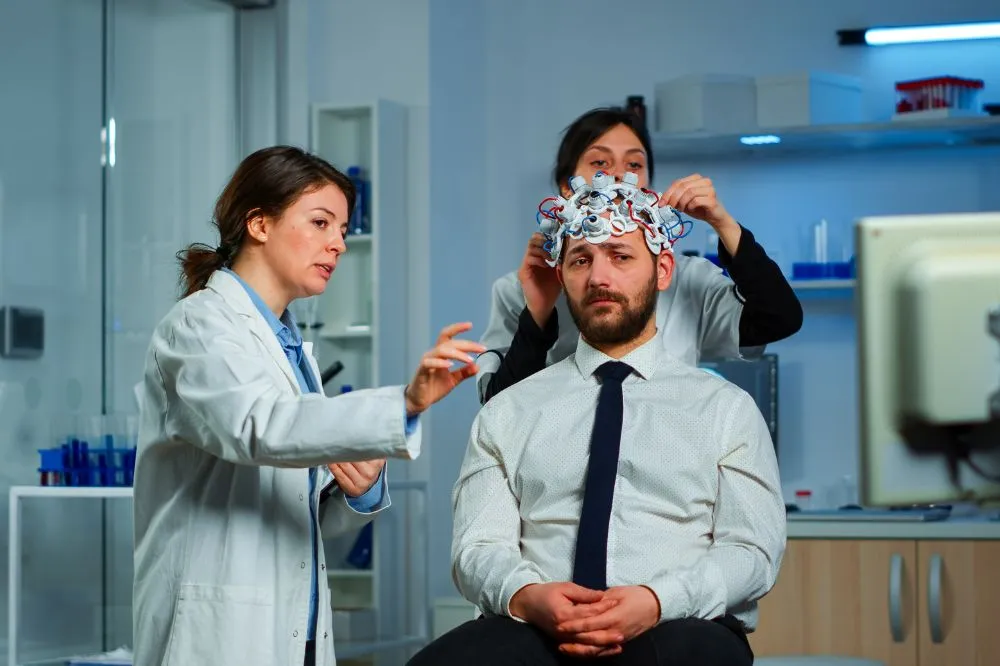Summary: It is no secret that human behavior changes with aging. Generally, people become more generous and start participating in charity. Early studies suggest that oxytocin release is associated with better social behavior and higher generosity. However, most hormone levels decline with aging. But a new study shows that this is not true for oxytocin. Instead, it is among the hormones released in greater amounts in older adults, which explains why people tend to have greater satisfaction with age.
It is known that as people age, they become calmer and start to look at things differently. Overall, they are more likely to be satisfied with life, help others, and more.
Needless to say, these changes in human behavior have to do with many age-related changes. One of the most significant changes that occur with aging is the altered level of various hormones, neurotransmitters, and, thus, behavior.
Despite the known behavioral differences between young adults and mature people, understanding the cause of these changes is quite challenging. After all, these changes in human behavior occur due to many reasons.
Researchers are especially interested in hormonal changes that occur in the human body with aging, thus making them more satisfied with life. Understanding these hormonal changes may help find treatments for certain mental health disorders in older adults. It may also help develop more profound insight into human behavior.
The new study identifies the hormone that makes us more satisfied as we age
It is a hormone called oxytocin. Researchers have long known its influence on human behavior. It is long known that it plays a vital role in social behavior, and this particular hormone makes us kinder. It also helps prevent negative emotions. However, how oxytocin works remains elusive.
But this study published in the journal Frontiers in Behavioral Neuroscience is the first to show how the levels of these hormone change with aging and that these changes have much to do with age-related behavioral changes.
The study found that oxytocin levels increase with aging. This is an interesting finding in the way that most hormone levels decline with aging. For example, there is a consistent decline in sex hormones with aging.
Not only that, but the study also found that those with higher oxytocin release tend to be generous. They are more likely to help others. Oxytocin level is associated with how much a person participates in religious activities and gratitude.
In the study, researchers recruited 100 people aged 18 to 99. The study showed the participants the video of a young boy suffering from cancer. After showing them the video, they took their blood to measure changes in oxytocin level.
The study also encouraged participants to donate some of their earnings to the Childhood Cancer Study. This was done intentionally to understand their emotional state and its relation to oxytocin level.
The study found that those with higher oxytocin release were more generous in donating to charity. In addition, they were more interested in helping others. This was the first study that demonstrated a direct link between generosity and oxytocin release.
The study also found that oxytocin release tends to be higher in older adults. This explains why they tend to participate more in charity and have greater belief in traditions and different philosophies. In addition, higher oxytocin release causes an increase in empathy and gratitude.
This study definitely added to some of the pre-existing knowledge regarding the role of oxytocin in human behavior. It also forms the basis for future studies. There is now a need to carry out better-designed research in greater sample size and more diverse population group.
Additionally, there is also a need to understand the long-term influences of higher oxytocin release.
Nonetheless, this study suggests that hormone therapy may have an important role in managing behavioral disorders. It may even have a role in managing specific mental health issues.






